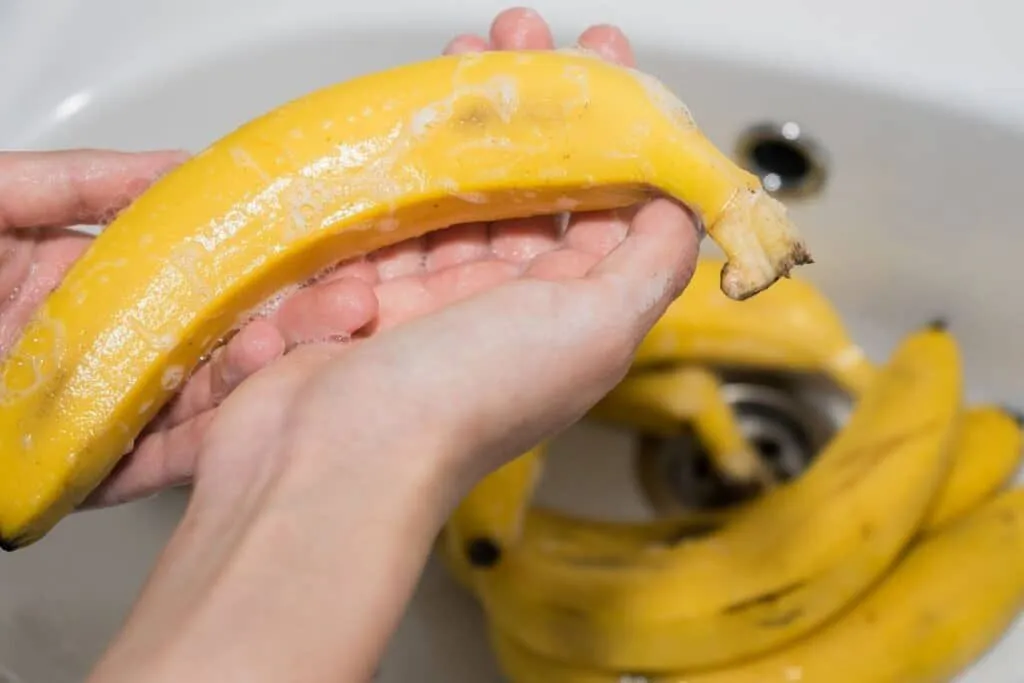The Everyday Struggle with Fruit Flies
During the radio show, one of the hosts vented about how fruit flies always show up whenever she brings home bananas. She even joked about giving up bananas because of these persistent little pests. The writer totally understood—the flies seem to arrive right when the bananas hit their peak ripeness.
Why Do They Keep Coming?
The reason behind this annoyance really comes down to how fruit flies work. These insects lay their eggs on banana peels, which means that simply bringing bananas home can accidentally invite a future swarm of flies into your house. As bananas ripen, their sweet smell becomes even more tempting for these bugs.
A Simple Fix: Rinsing Your Bananas
One of the radio co-hosts floated the idea of rinsing your bananas under cold tap water before putting them in the fruit bowl. Although she hadn’t tried it herself, the suggestion intrigued the writer enough to test it out.
Giving the Trick a Shot
Determined to beat the fruit fly problem, the writer decided to put this method to the test. They rinsed a bunch of bananas under cold water for about 30 seconds, then let them air-dry on a towel before placing them in the bowl. Usually, by Wednesday, fruit flies would start showing up as the bananas ripened. But after trying the rinse, not a single fly was seen by Friday evening.
Expanding the Habit
Buoyed by these results, the writer began rinsing other produce that sits out at room temperature, like avocados, zucchini, squash, potatoes, peaches, nectarines, and plums. Since making this part of their routine, the kitchen hasn’t seen a single fruit fly.
How to Give It a Try
If you want to keep your kitchen free of these pesky bugs, here’s what you need: 1 bunch of bananas and some room-temperature tap water. Just rinse your bananas under running water for about 30 seconds, then either let them dry on a towel or give them a quick dry-off before placing them in your fruit bowl.
A Bit About Fruit Fly Behavior
Fruit flies are drawn in by the smell of ripening or rotting produce. They lay eggs on fermenting fruits and vegetables, which makes for a buffet for their larvae. Their fast reproduction means that even a few stray eggs can lead to an infestation in about a week.
Rinsing your produce can be a neat way to break that cycle by washing off any eggs before they have a chance to hatch, keeping your kitchen free of uninvited guests without much hassle. Adding this small change to your daily routine—giving your fruits and veggies a quick rinse—helps keep things tidy and prevents these bugs from taking over.
